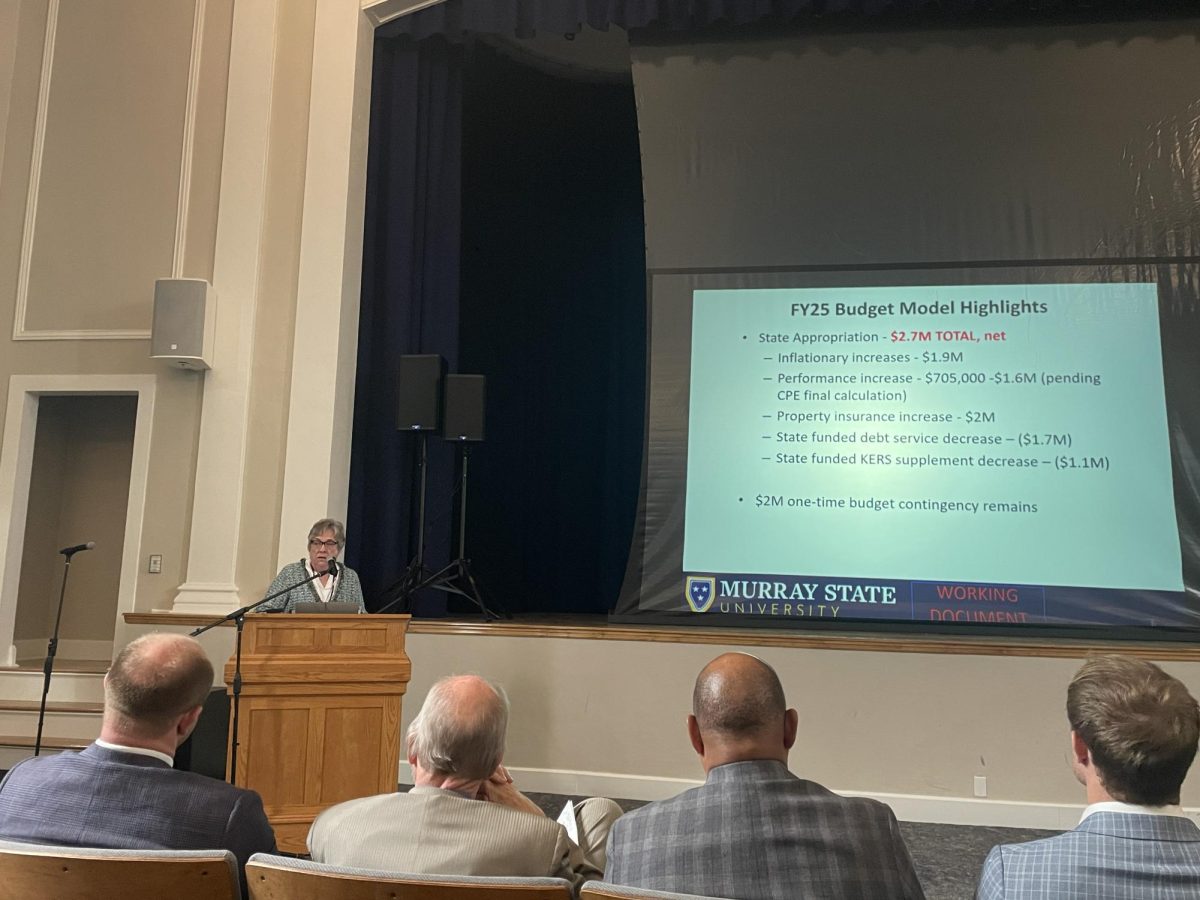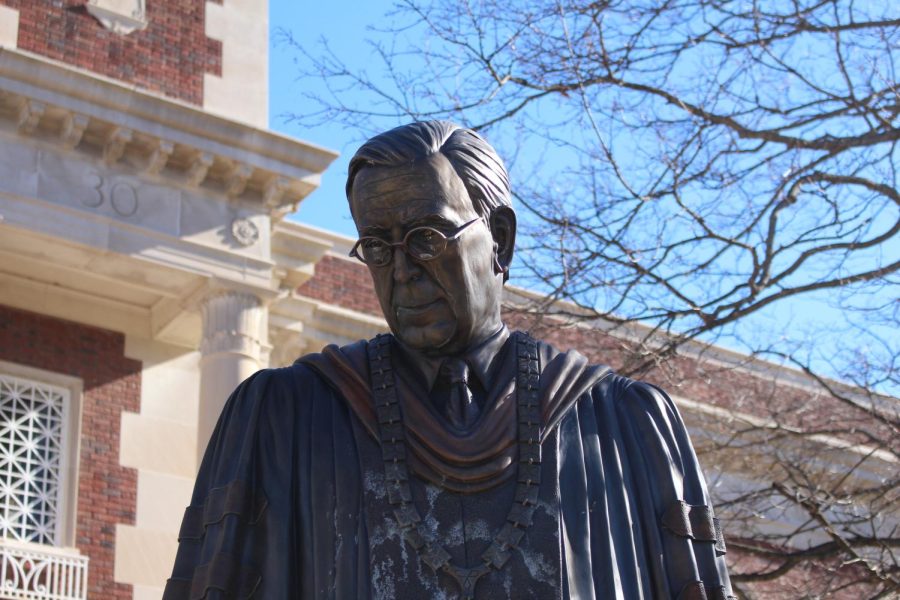Devin Griggs
junior from
Benton, Ky.
Picture a President faced with a weak economy and confrontational Congress as he seeks re-election. The President has to deal with a controversial foreign war, oil price shocks and the all-encompassing issue of trade. The opposition is divided between ideological purists on one side, pragmatists in the middle and everyone else on the other.
Sound familiar? If you’re thinking about the upcoming election between President Barack Obama and his likely Republican opponent, Rick Santorum, you’re mistaken. The campaign described above was actually that of the 1972, pitting President Richard Nixon against Sen. George McGovern. The parties might be reversed and the cultural issues of the 1970s flipped, but American politics since the Nixon-McGovern race have remained fairly fixed and share all of the rhetoric and even less of the substance that once defined American politics.
Take, for instance, the incumbent. Obama faces similar problems (something that should raise a big red flag about the effectiveness of “small-government” solutions) that Nixon did in 1972. Oil prices, despite falling demand, continue to rise.
Economic recovery is slow and unemployment remains high, exacerbated by high oil prices. Obama has thus far kept above the fray of the Republican nominating process, presenting himself as simply “the President” much in the same way that Richard Nixon, touted as a “touring emperor” in 1972. The only thing that separates Obama from Nixon is that he shares the social liberalism of George McGovern.
One can draw a lot of parallels between Santorum and McGovern, too. McGovern, the uncompromising purist, makes a good foil for Santorum, who also believes that idealism is preferable to pragmatism in politics and that compromise is a dirty word.
Santorum shares McGovern’s populist schtick, but like McGovern, doesn’t have anything beyond feel-good nostalgia for a golden past to offer. The total inverse of the candidate who was attacked on the grounds that he was permissive, Santorum is a rigid social conservative – running against birth control, same-sex marriage and abortion rights.
For most of the four decades following the 1972 contest, elections in the United States has fallen into this familiar pattern – social conservatives attack liberal “elites” on cultural issues as liberal politicians fail to make their case to the working class voters that were once the bedrock on which the New Deal was built.
The Republicans and the Democrats alike have really been running Nixon and McGovern all this time. What is different about the 2012 campaign, however, is that it really is the last campaign of Richard Nixon.
If Santorum should fail to win the election, or if he should be outmaneuvered by the fading candidacy of Mitt Romney, it will be the death knell for the brand of American conservatism devised by Richard Nixon, implemented by Ronald Reagan, and destroyed by George W. Bush.
The best way to explain why is that the times, they are-a changin’. The swan song of Nixonian conservatism has been an appeal from the top to the bottom in a cross-class alliance of CEOs and white working class voters against a common enemy: the dreaded “liberal elite.”
The birth of the Occupy movement, combined with a residual return of class consciousness in America and concern about income inequality has helped pry open this cross-class alliance, leaving white working class voters in the political wilderness. The “social permissiveness” of McGovernism is mainstream and well-engrained in American society; a majority of Americans favor the right to choose, the right to use birth control and, for the first time ever, favor same-sex marriage rights (and I should note that all of these numbers are much higher among the young, some approaching supermajority status).
This is not to say that President Obama has a free pass, however. The President, should he want to make a truly lasting mark on American society and the Democratic Party, should foster a new politics of cooperation, of real change that encapsulates the new egalitarianism arising from the ashes of the old conservative backlash politics of the 1970s. If Obama can finally banish the spectre of Richard Nixon from American politics, he’ll have ample opportunity to do just that — and make this country a place in which every last one of us will be able to live a better life.
































































































